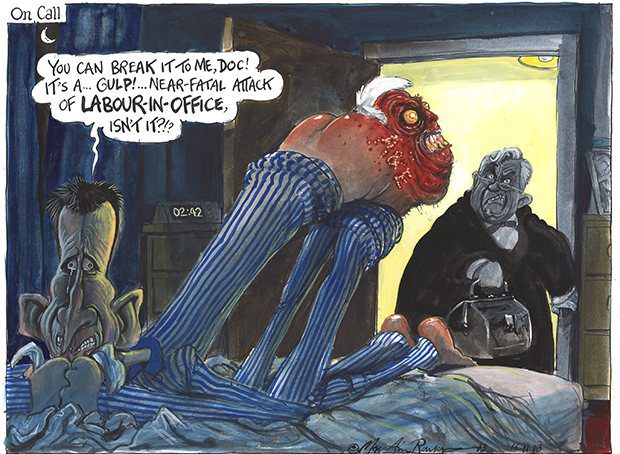Without no fault compensation the risk in physicians assistants is high. Its high both for the patients, the Team and the finances of the practice, Trust and health dispensation. Money set aside for litigation in Wales is more than one years budget. Its yet another way of rationing health care – riskily.
Jennifer Richardson reports in the BMJ: GP leaders reject “venomous” language that “condemns” physician associates Local GP leaders have persuaded their peers to reject “venomous” and “patronising” language that “condemns” physician associates (PAs), at the annual conference of UK local medical committees (LMCs).
The conference overwhelmingly carried a motion stating that it “has increasing concerns about the development and promotion of PAs in general practice.” But a sub-motion stating that it “condemns the use of PAs in general practice for anything other than administrative or simple procedural duties” was lost.
Four speakers spoke against the motion—all specifically against sub-motion—at the 2024 BMA conference held in Newport, Wales, on 24 May. “Who do we condemn?” asked Hussain Gandhi of Nottinghamshire LMC. “Do we condemn PAs for existing, following what has been offered to them? Do we condemn practices for employing them based on what they’ve been asked to do?”
Gandhi said the “venom” of the PA debate “worried” him, adding, “It’s the same way I heard people speak about my parents when they came to this country. Why are we making PAs the scapegoat for the fact that general practice has been underfunded for years? Support, don’t condemn.”
Tanya Johnston of County Durham and Darlington LMC also spoke against sub-motion, calling it “patronising.” Felicity Day of North Yorkshire LMC called on delegates to reject the sub-motion “so that practices retain the right to build their workforces as they see fit.”
Gerald Clancy of Oxfordshire LMC was one of five speakers including the proposer in favour of the motion. “Unchecked, the failed PA experiment could lead to an extinction level event for the medical profession in the NHS,” he told a busy hall at the start of business on the second day of the conference.
Chris Morris of the GP registrars committee, also speaking against, said, “PAs working in general practice and seeing undifferentiated patients makes a mockery of our extensive training.”
Sarah Matthews, responding to the debate from the conference top table, flagged the word “complicit” as “a bit of a problem” in a further sub-motion, which stated that conference “believes that the General Medical Council is complicit in the government’s agenda to create a cheaper and inferior delivery model of primary care by using PAs in place of GPs.”
But Paul Evans from Gateshead and South Tyneside LMC responded, “I absolutely stand by this,” drawing enthusiastic applause from the floor. Earlier, he had proposed the sub-motion, saying, “The GMC have clearly been complicit, it has literally taken money to deviate from its job of regulating doctors to regulating another profession.”
Delegates also overwhelmingly carried a separate motion calling on the BMA’s general practitioners committees (GPCs) across the UK to lobby the government “to ensure that general practitioners are the main provider of primary care, and ensure that any plans of replacing this professional workforce with non-medical professional entities be rejected.”
Call for restrictions and guidance on supervision
Also at the conference, representatives overwhelmingly carried a motion calling on the UK GPCs to restrict the number of colleagues a GP can simultaneously supervise, and to develop guidance to define the role of supervisor to different members of the multidisciplinary team. The BMA should also deliver additional protected time and payment for supervisory roles, in order to protect both GP supervisors and patients, the conference said.
Paula Newton of Cambridgeshire LMC told fellow GP leaders that supervision of non-GP trainees and other colleagues had “crept up on us by stealth.
“Individuals should only agree to absorb this work if there is protected time to do it, they have agreed to do it, and feel competent to do so, and their time is adequately remunerated,” Newton said. “To do otherwise risks GP careers and patient safety.”
Jessica Randall-Carrick, also of Cambridgeshire LMC, proposed the motion. “We must have paid, dedicated time to ensure those undifferentiated presentations have been correctly managed by our whole practice team,” she said.
Reshma Syed of Kent LMC spoke against the motion, suggesting that GPs should instead insist that other health professionals entering general practice should be fully trained and independently practising.
